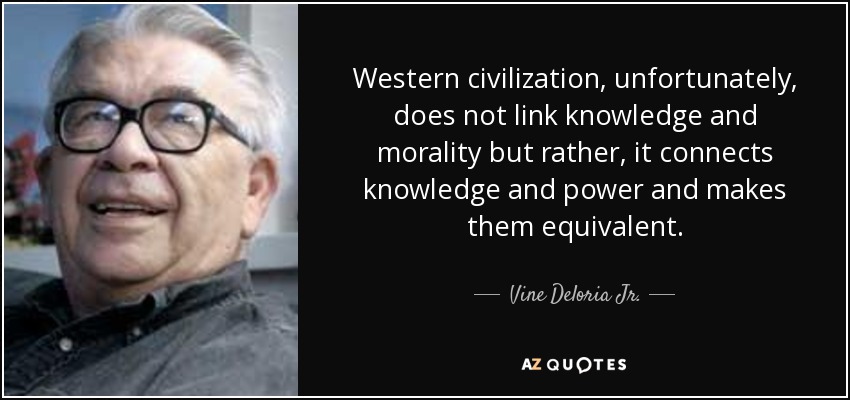Western civilization refers to the cultural, philosophical, and historical traditions of the Western world, which is typically considered to include Europe, the Americas, and Australia. This broad topic encompasses a wide range of subjects, including art, literature, philosophy, politics, economics, and science.
One of the most significant aspects of western civilization is its emphasis on democracy and individual rights. The idea of democracy can be traced back to ancient Greece, where the city-state of Athens practiced a form of direct democracy in which citizens participated directly in the decision-making process. This idea was later refined and developed by philosophers such as John Locke, who argued that individuals have natural rights that cannot be taken away by the state. The United States Constitution, which was influenced by Locke's ideas, guarantees certain rights to its citizens, including freedom of speech, religion, and the press.
Another important aspect of western civilization is the Enlightenment, a movement in the 18th century that emphasized reason and individualism. Enlightenment philosophers such as Voltaire and Immanuel Kant challenged traditional beliefs and advocated for the separation of church and state, as well as the promotion of tolerance and free thought. The Enlightenment also laid the foundations for modern scientific inquiry, with figures such as Isaac Newton and Galileo making significant contributions to the fields of mathematics, physics, and astronomy.
Art and literature have also played a central role in western civilization. The ancient Greeks are known for their contributions to drama, with playwrights such as Sophocles and Euripides writing works that continue to be studied and performed today. The Renaissance, a period of artistic and intellectual revival in Europe from the 14th to the 17th century, saw the emergence of great artists such as Leonardo da Vinci and Michelangelo, who made significant contributions to painting, sculpture, and architecture. In literature, western civilization has produced a number of influential writers, including William Shakespeare, Jane Austen, and Edgar Allan Poe, whose works continue to be widely read and studied.
Western civilization has also made significant contributions to the field of economics. Adam Smith's "The Wealth of Nations," published in 1776, is considered one of the foundations of modern economic theory and is still widely studied today. The Industrial Revolution, which began in Europe in the 18th century and spread to other parts of the world, marked a significant shift in the way goods were produced and had a profound impact on society and the economy.
In conclusion, western civilization is a broad and complex topic that encompasses a wide range of subjects, from politics and philosophy to art and economics. It has played a significant role in shaping the world we live in today and continues to influence contemporary culture and thought.





